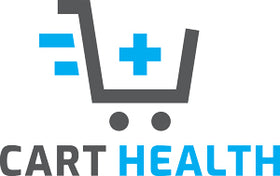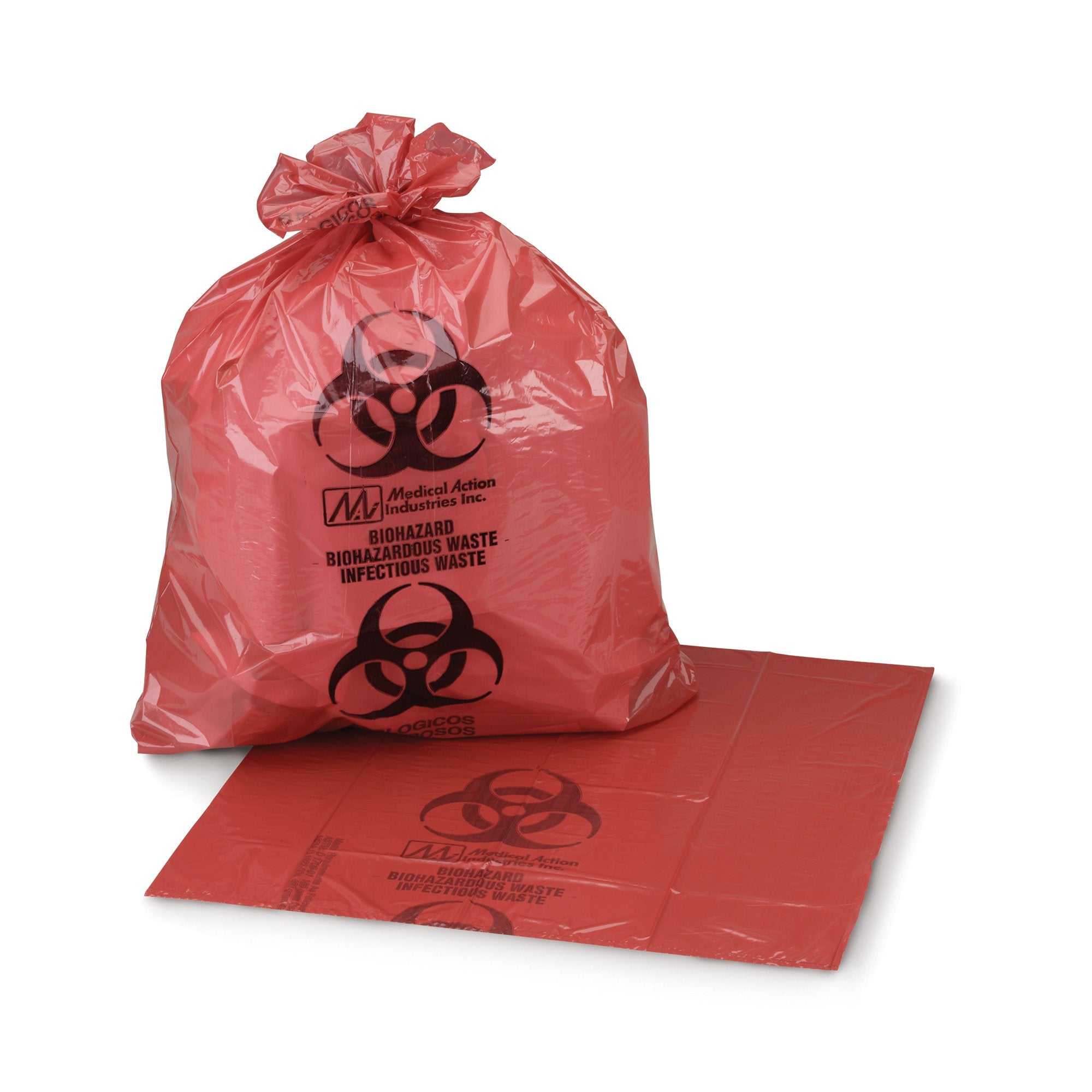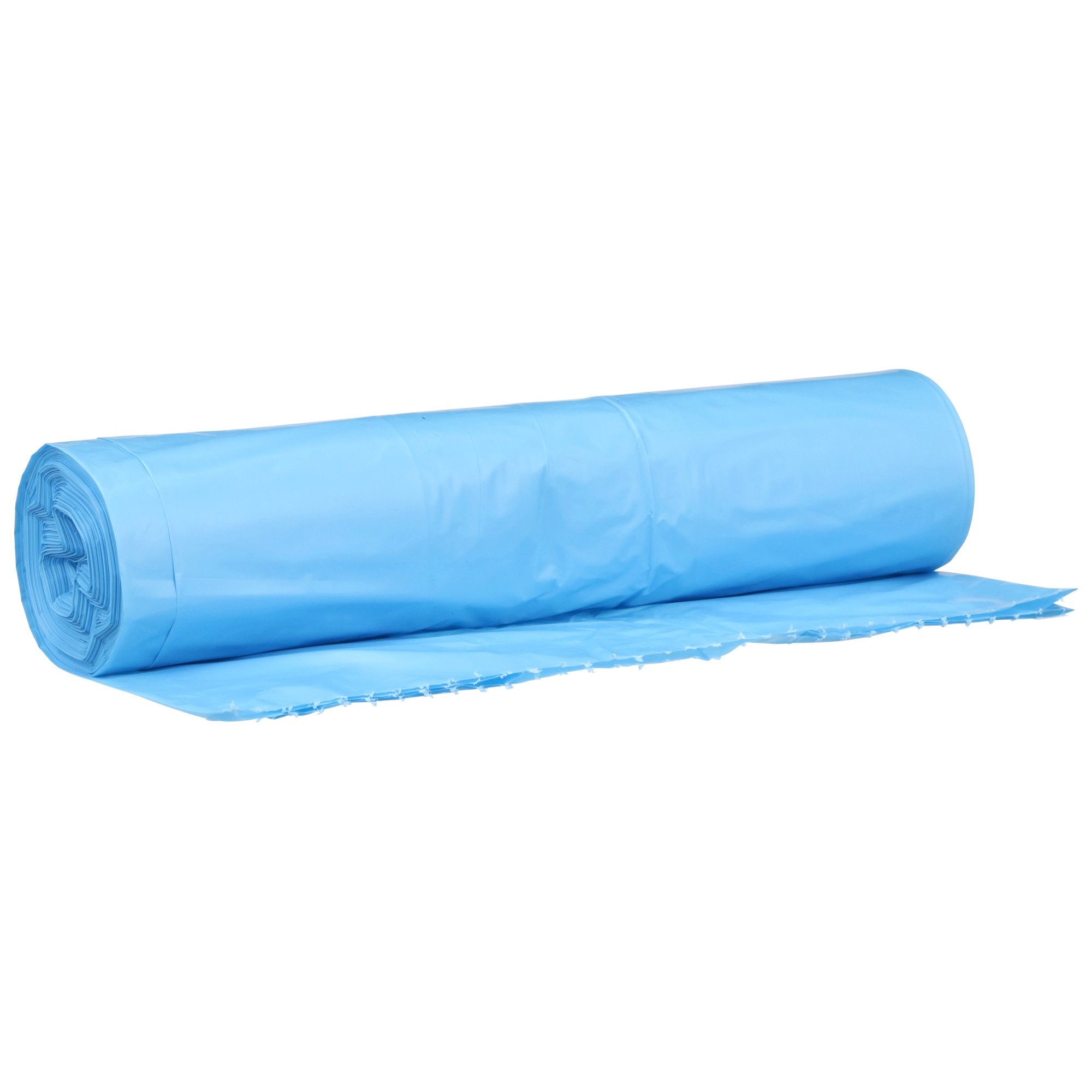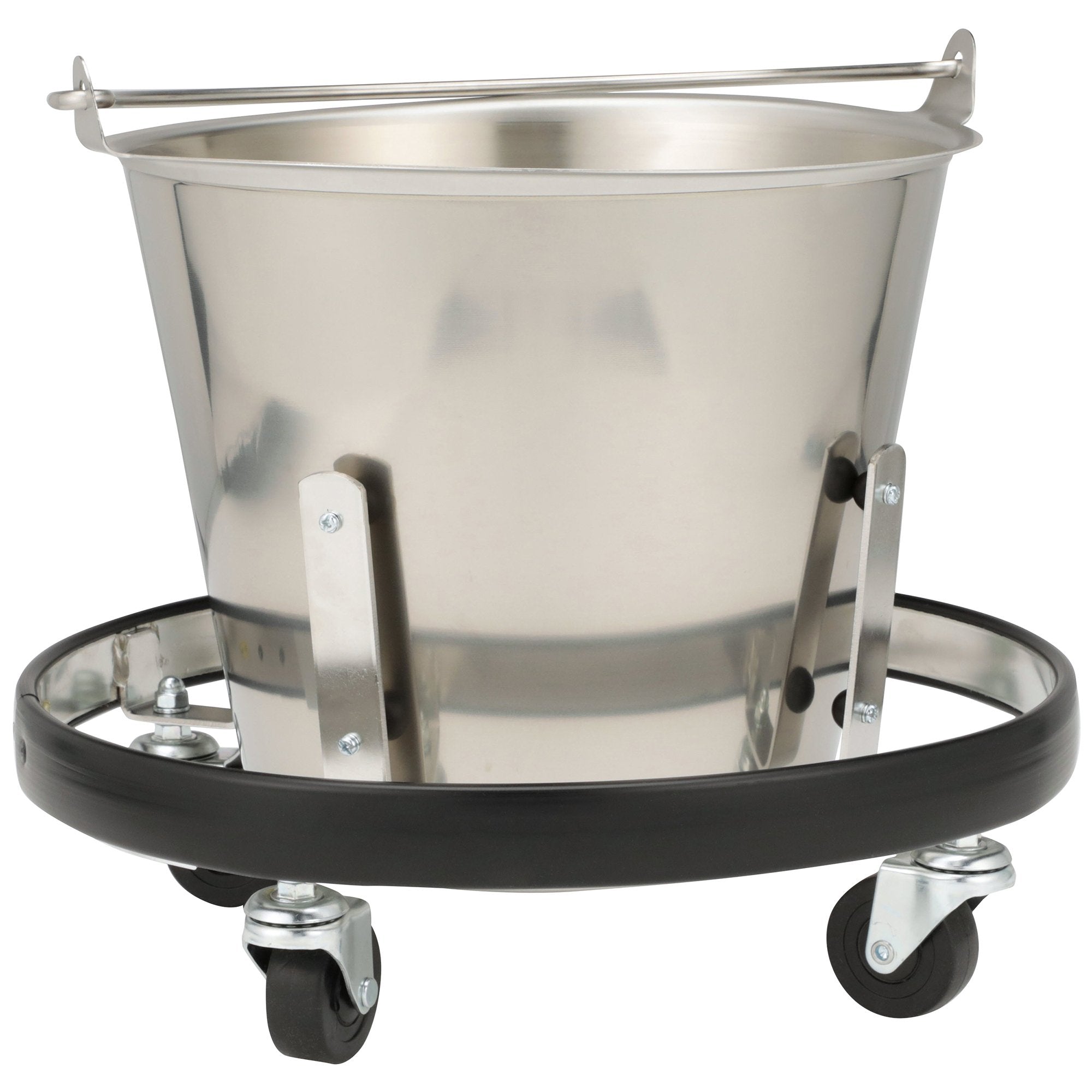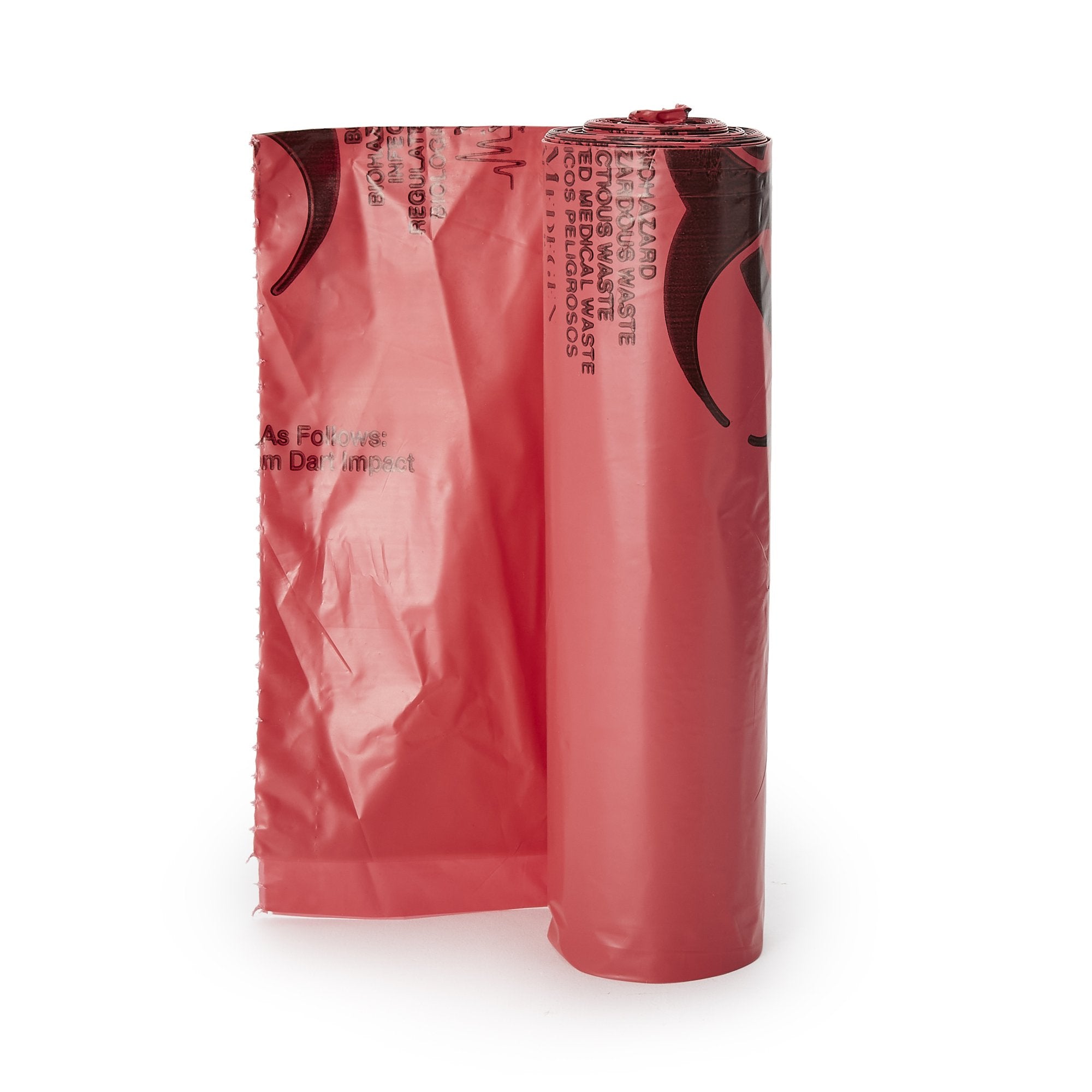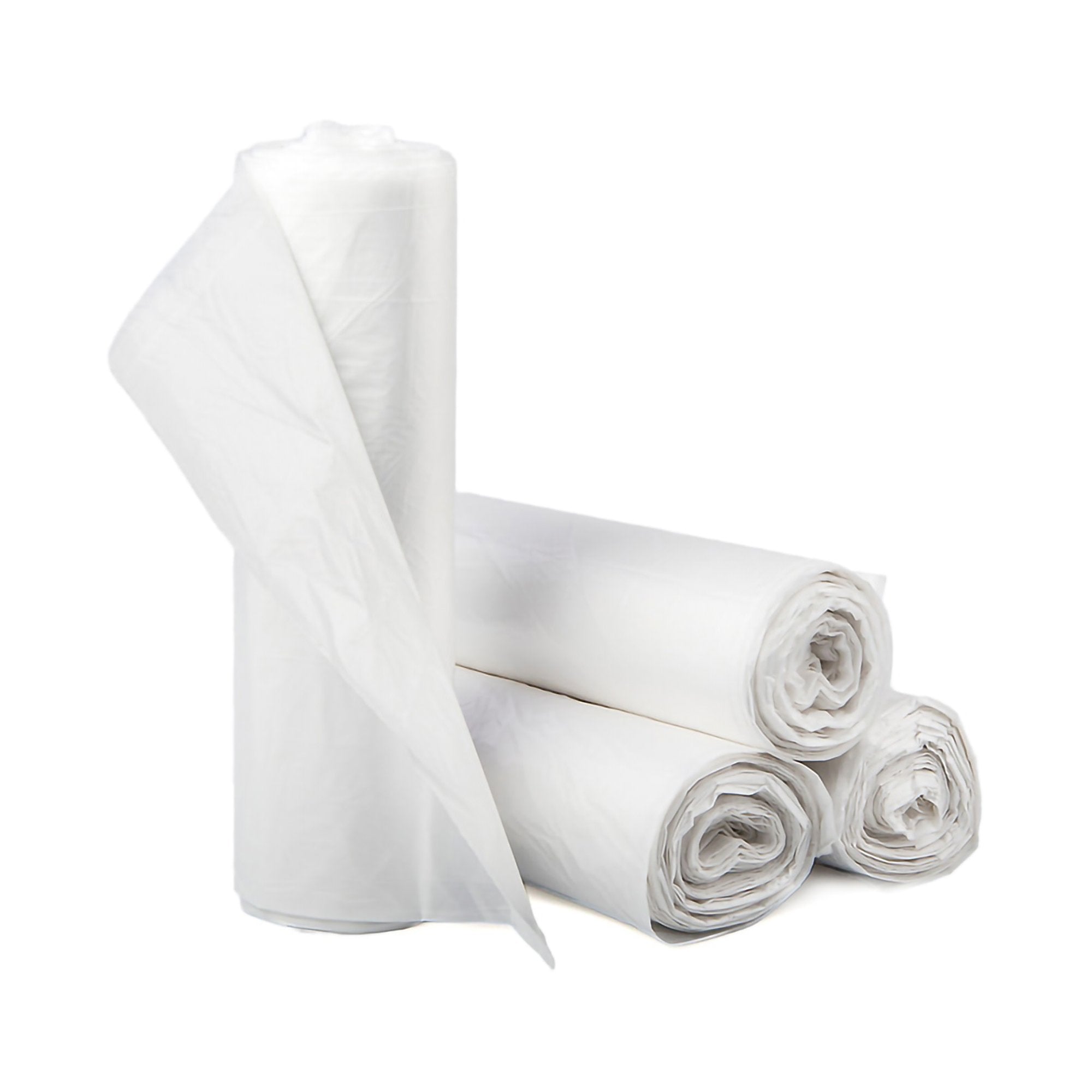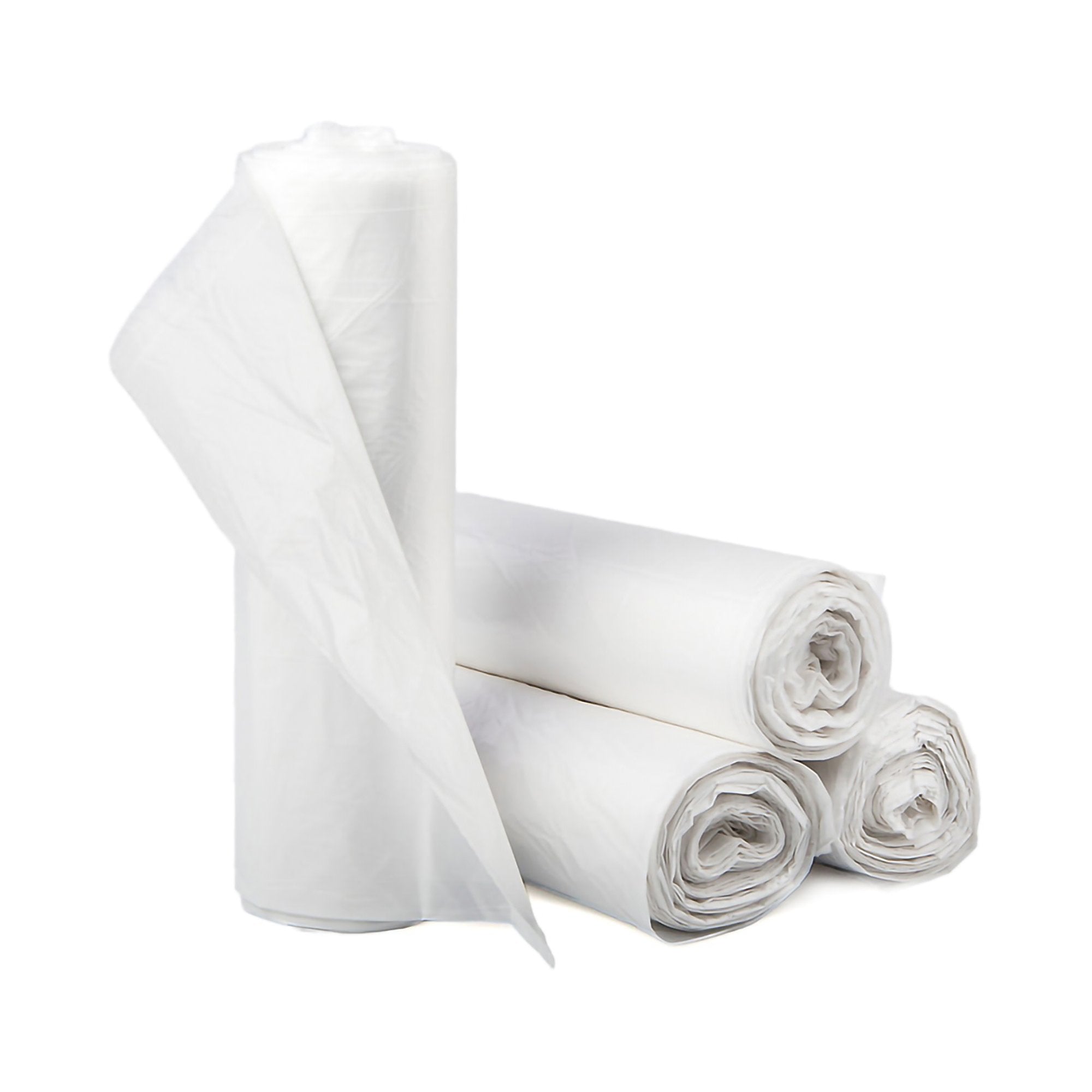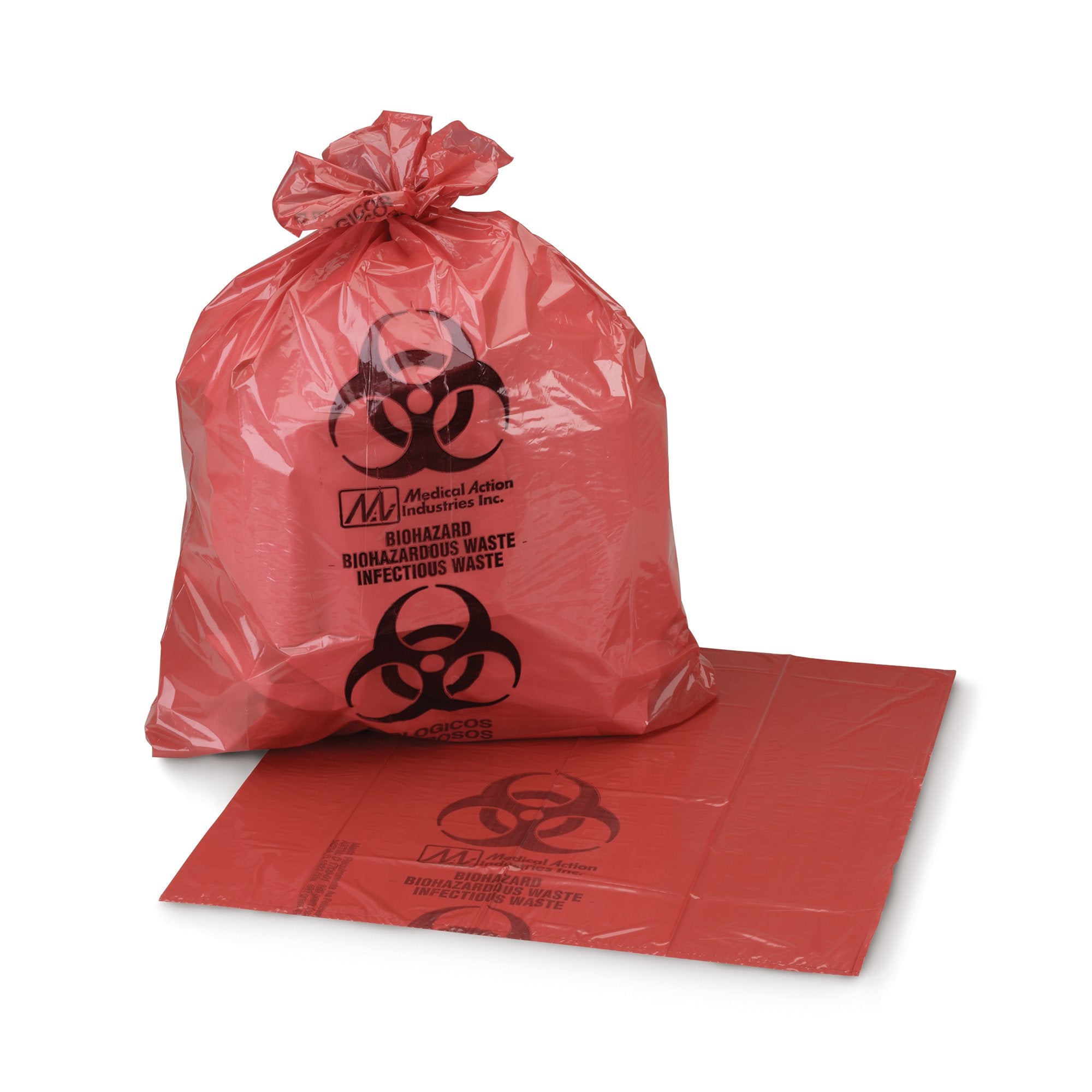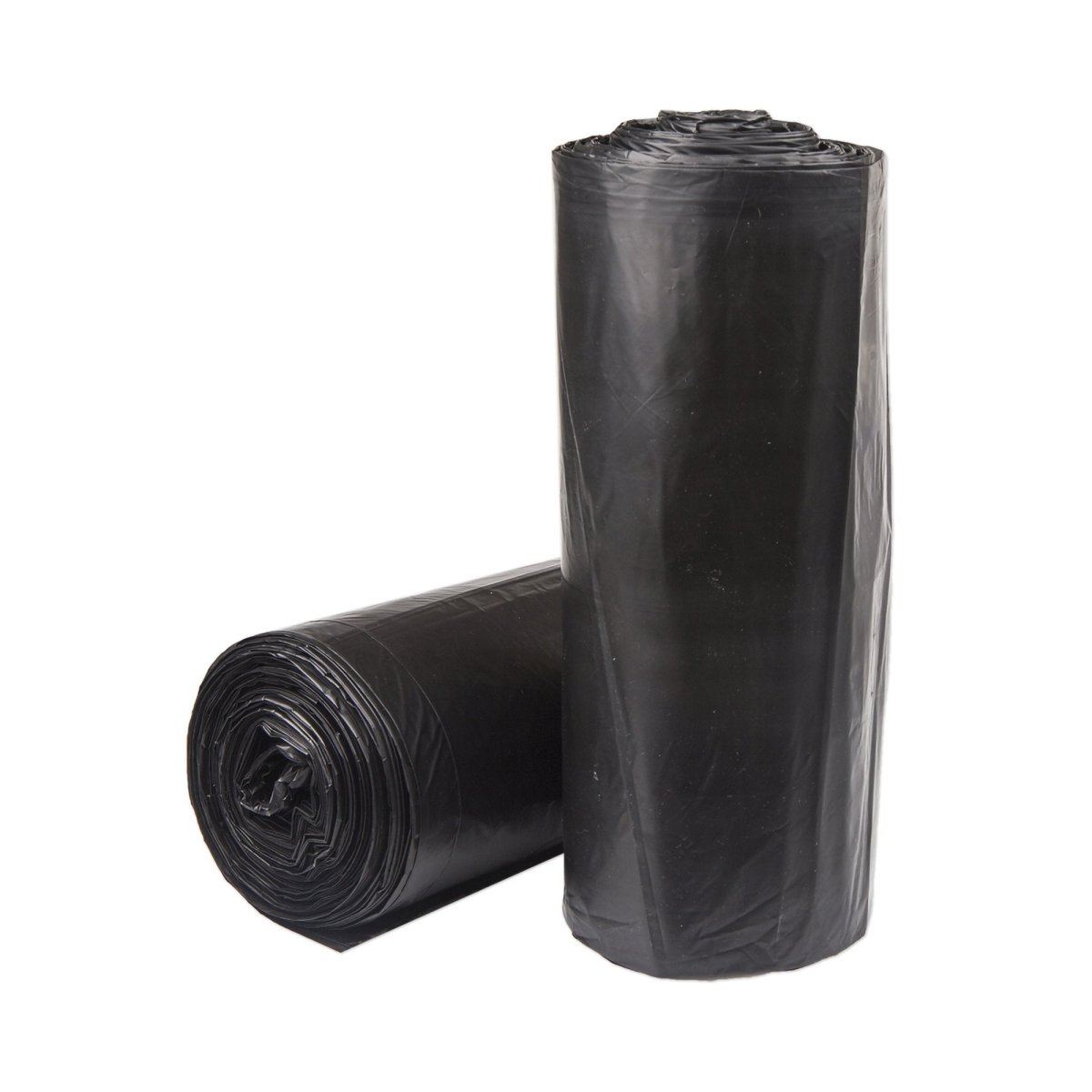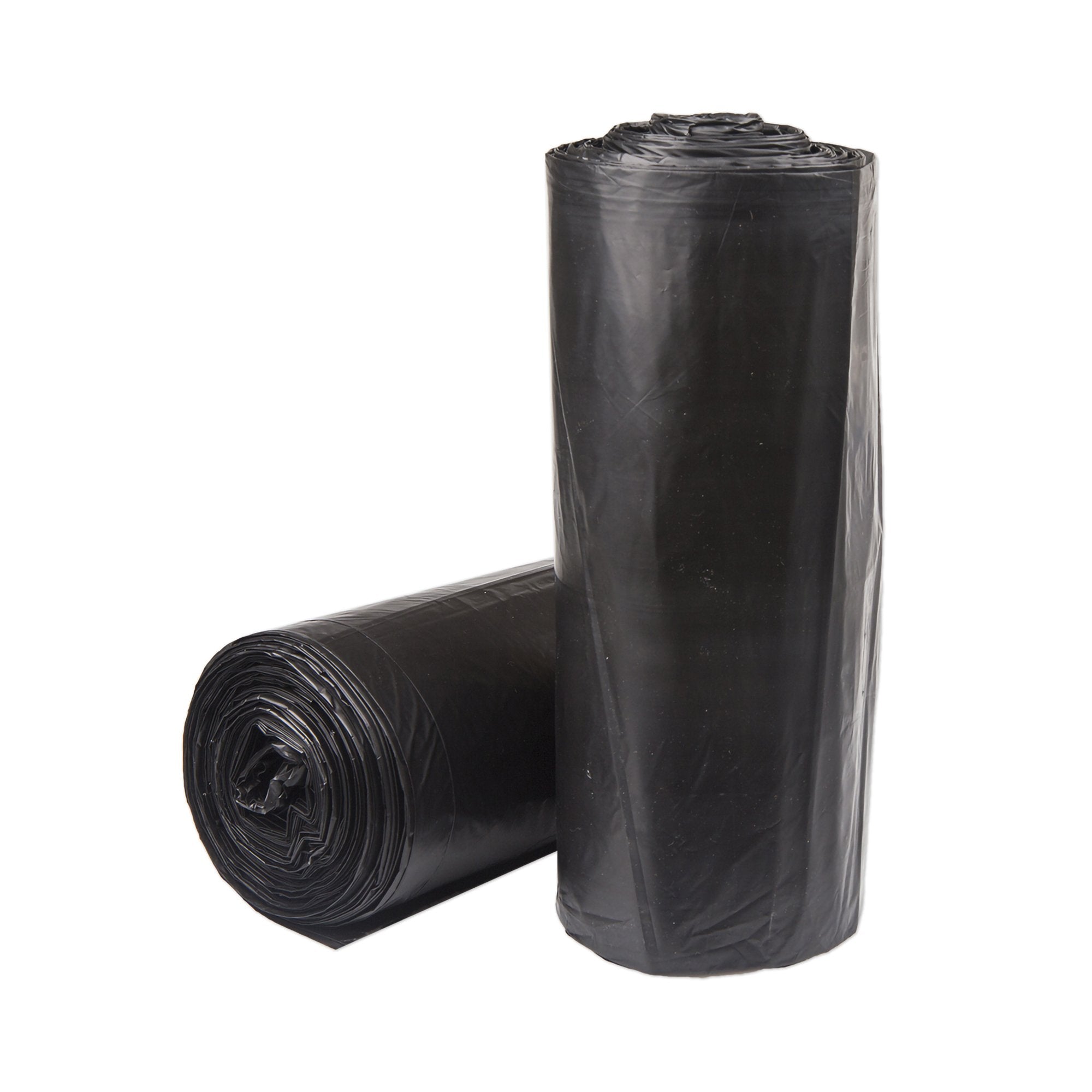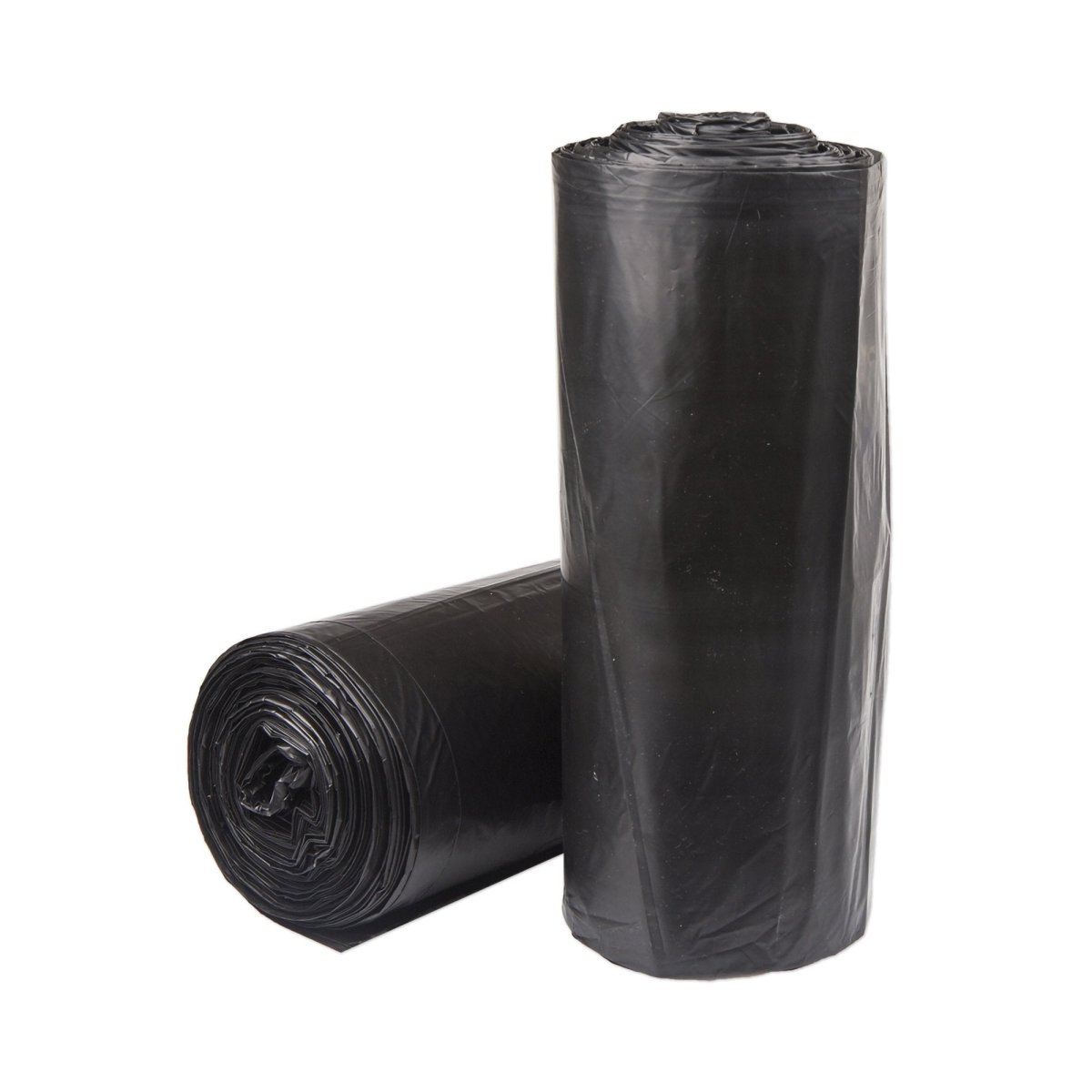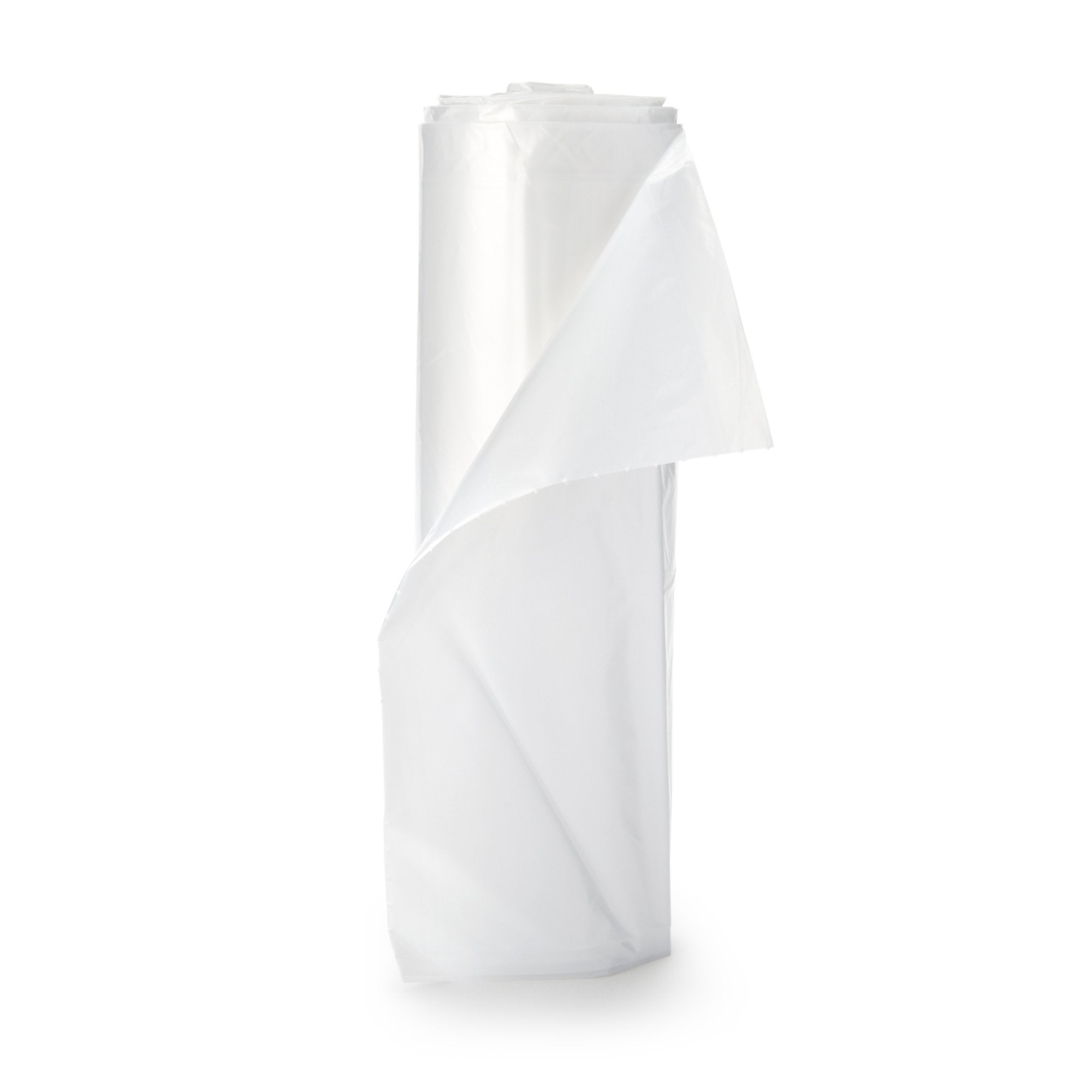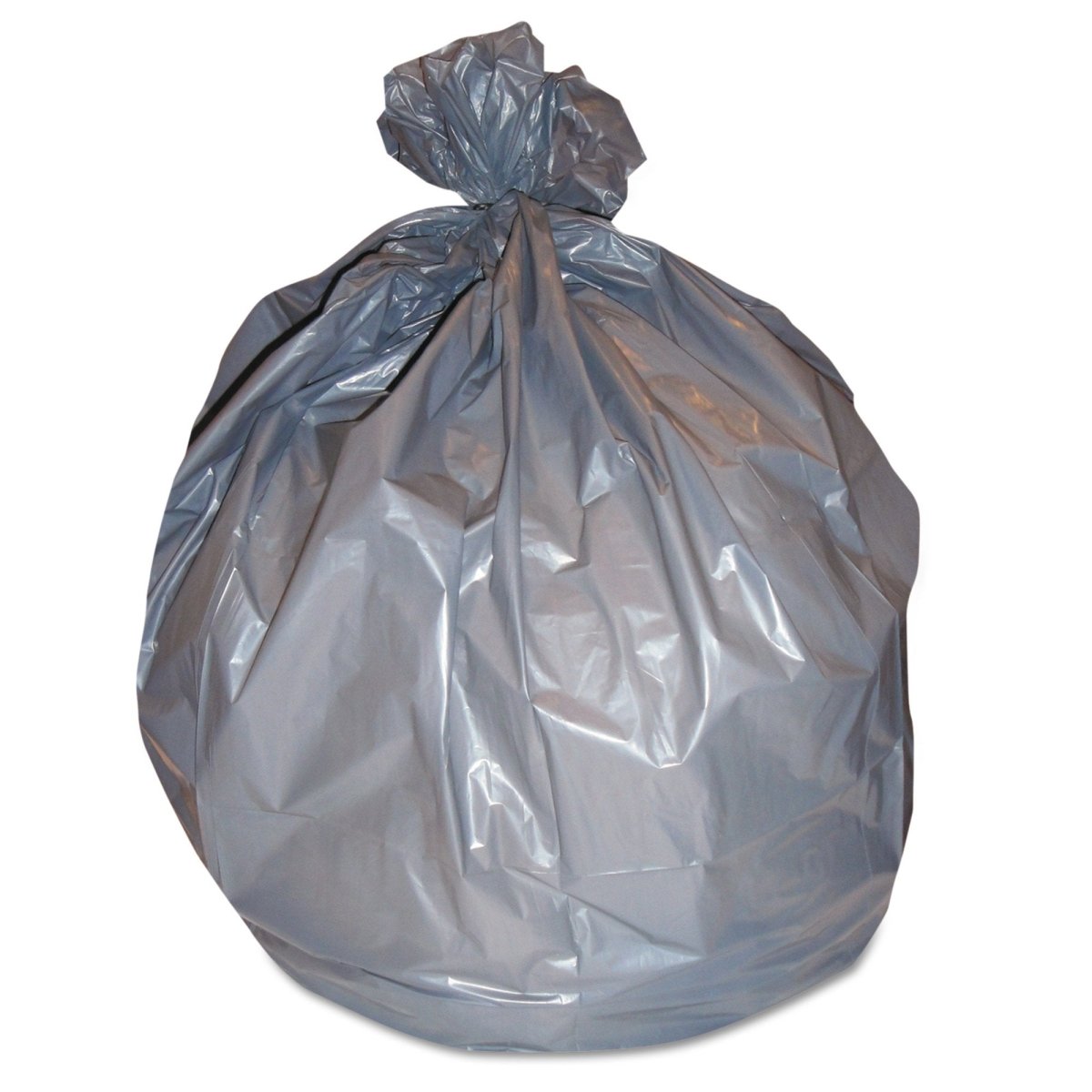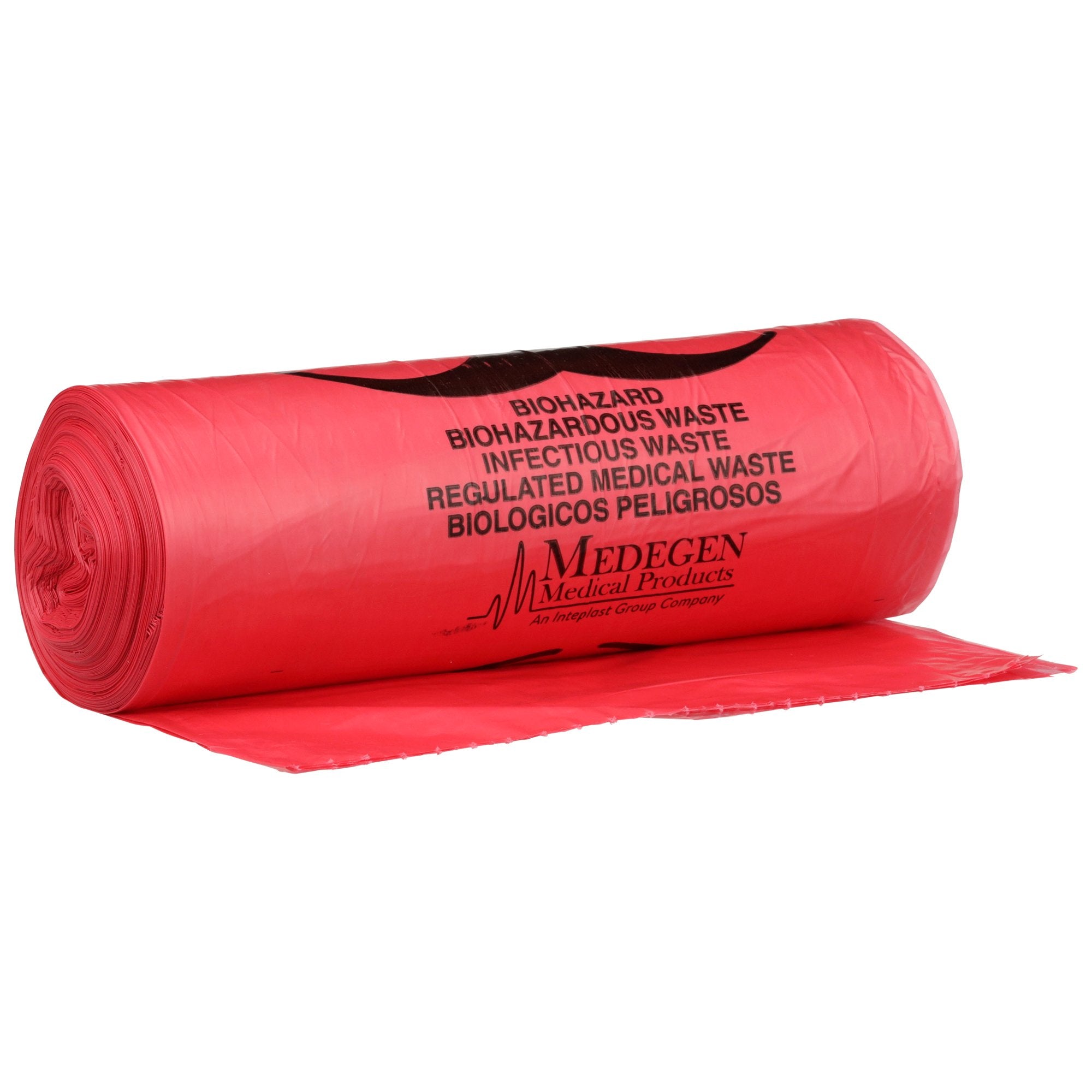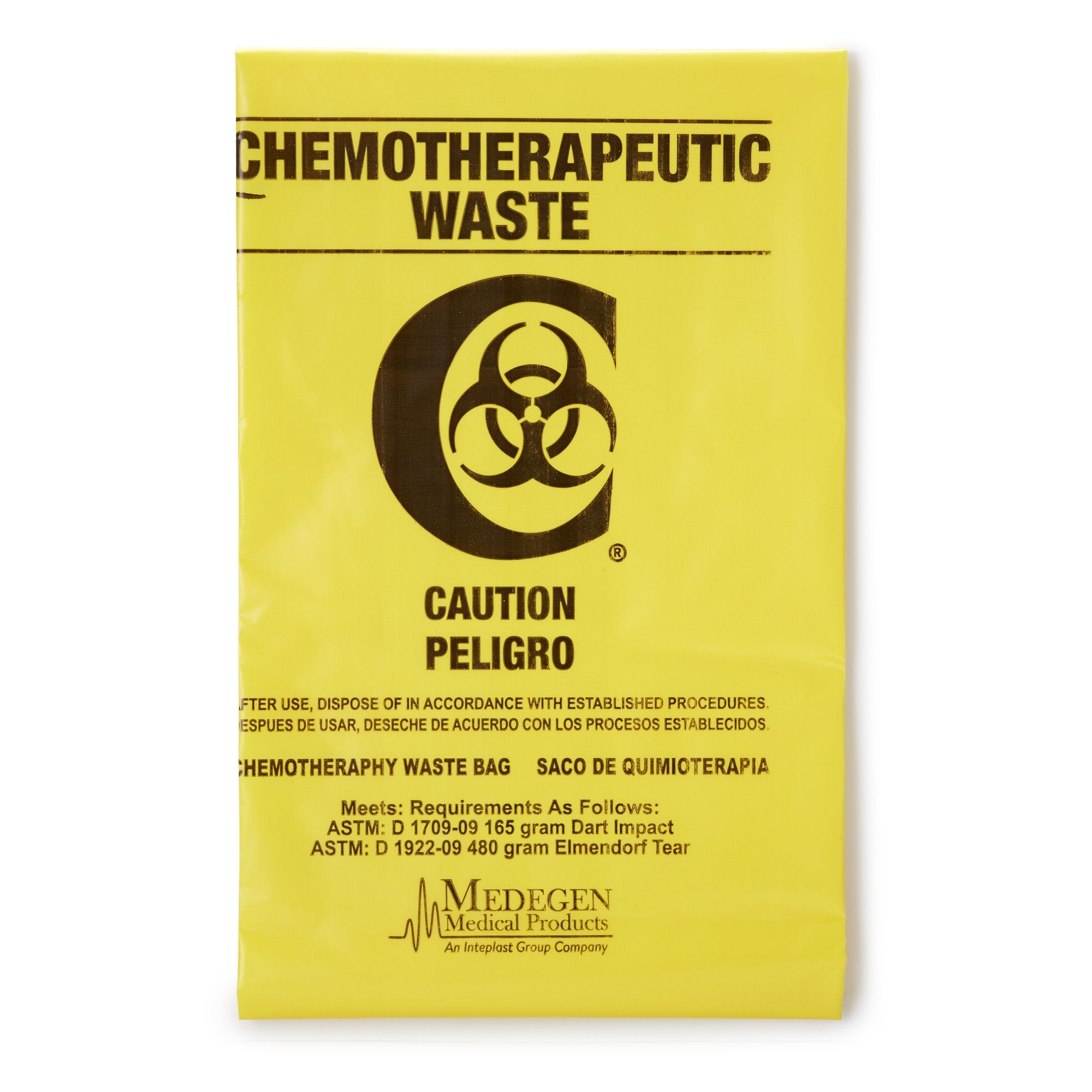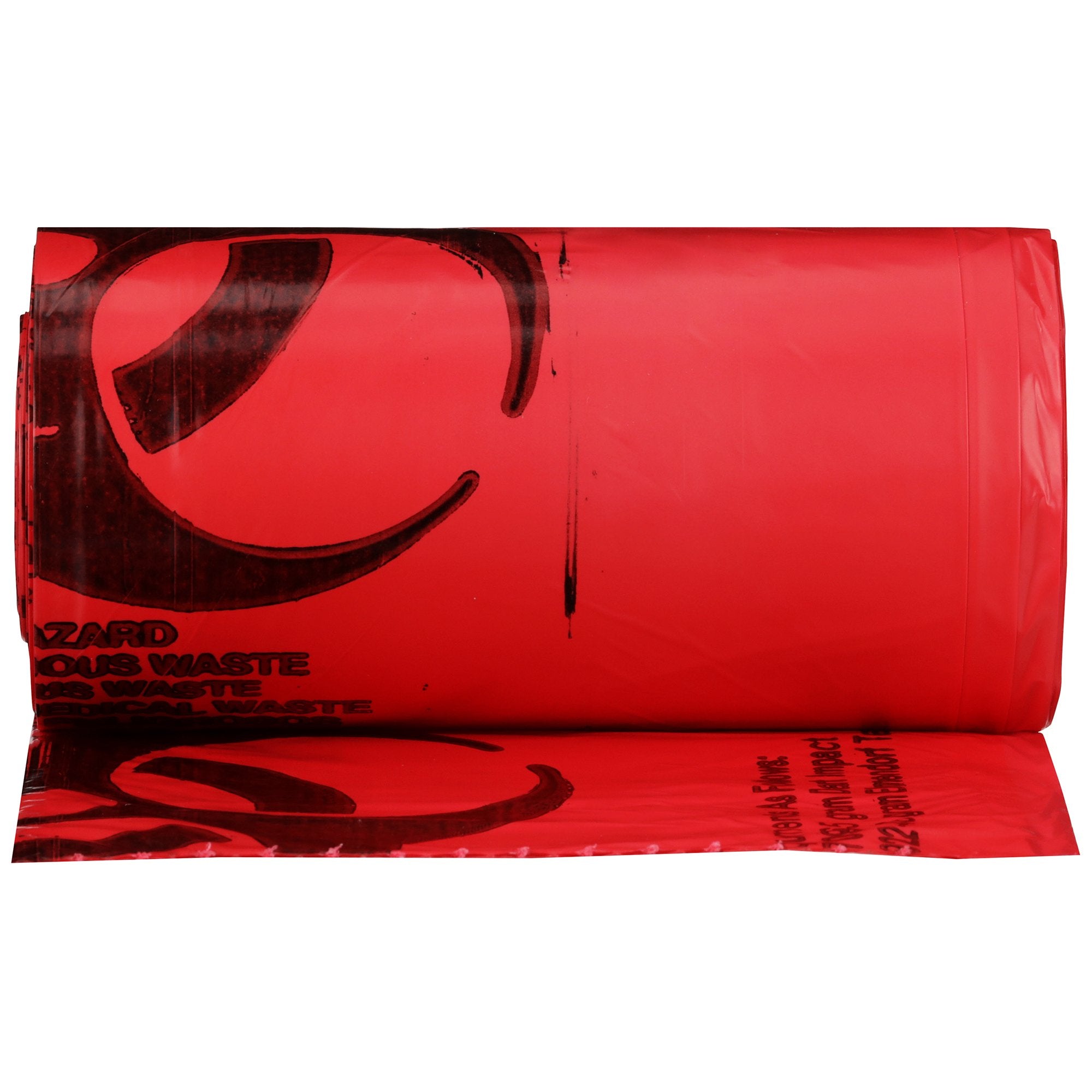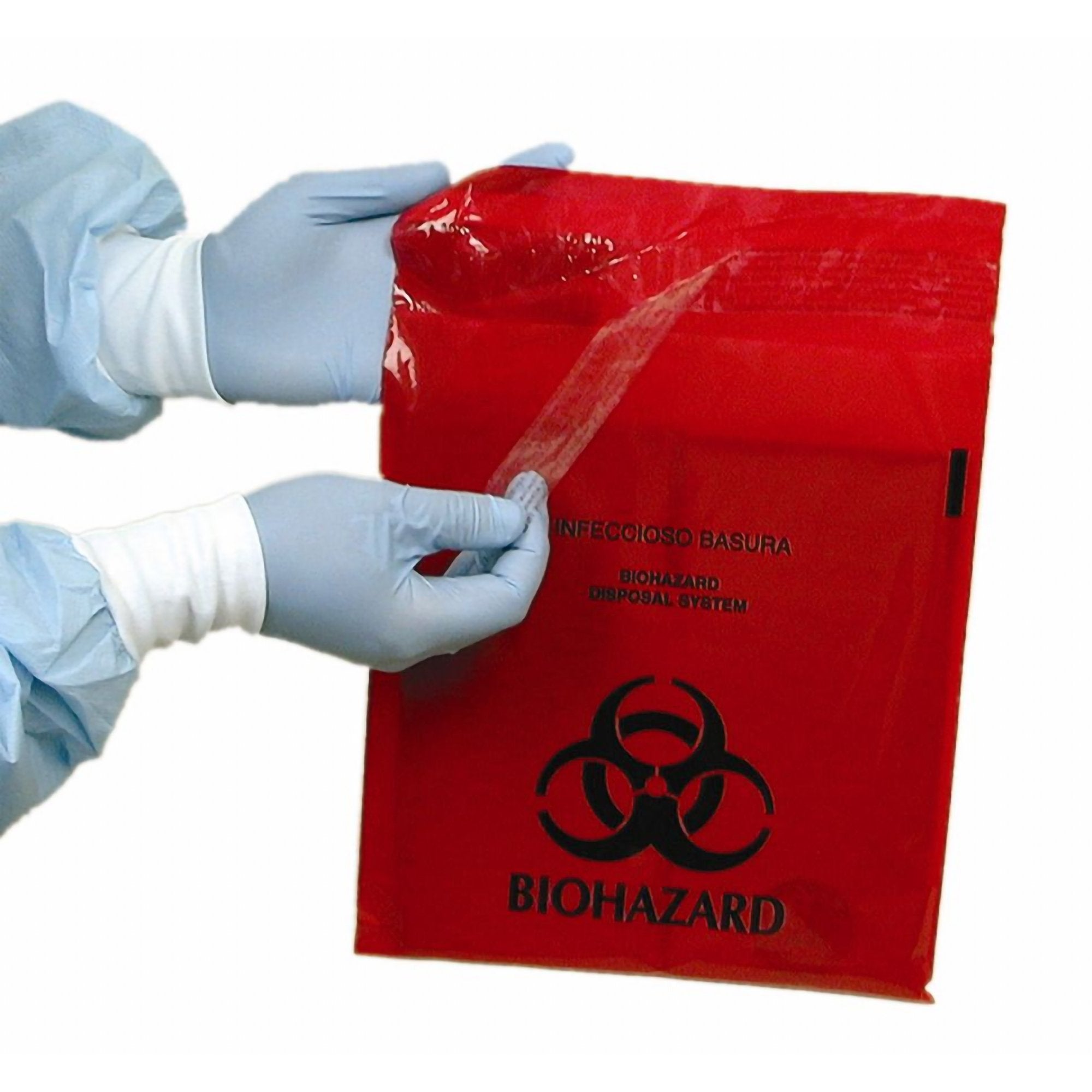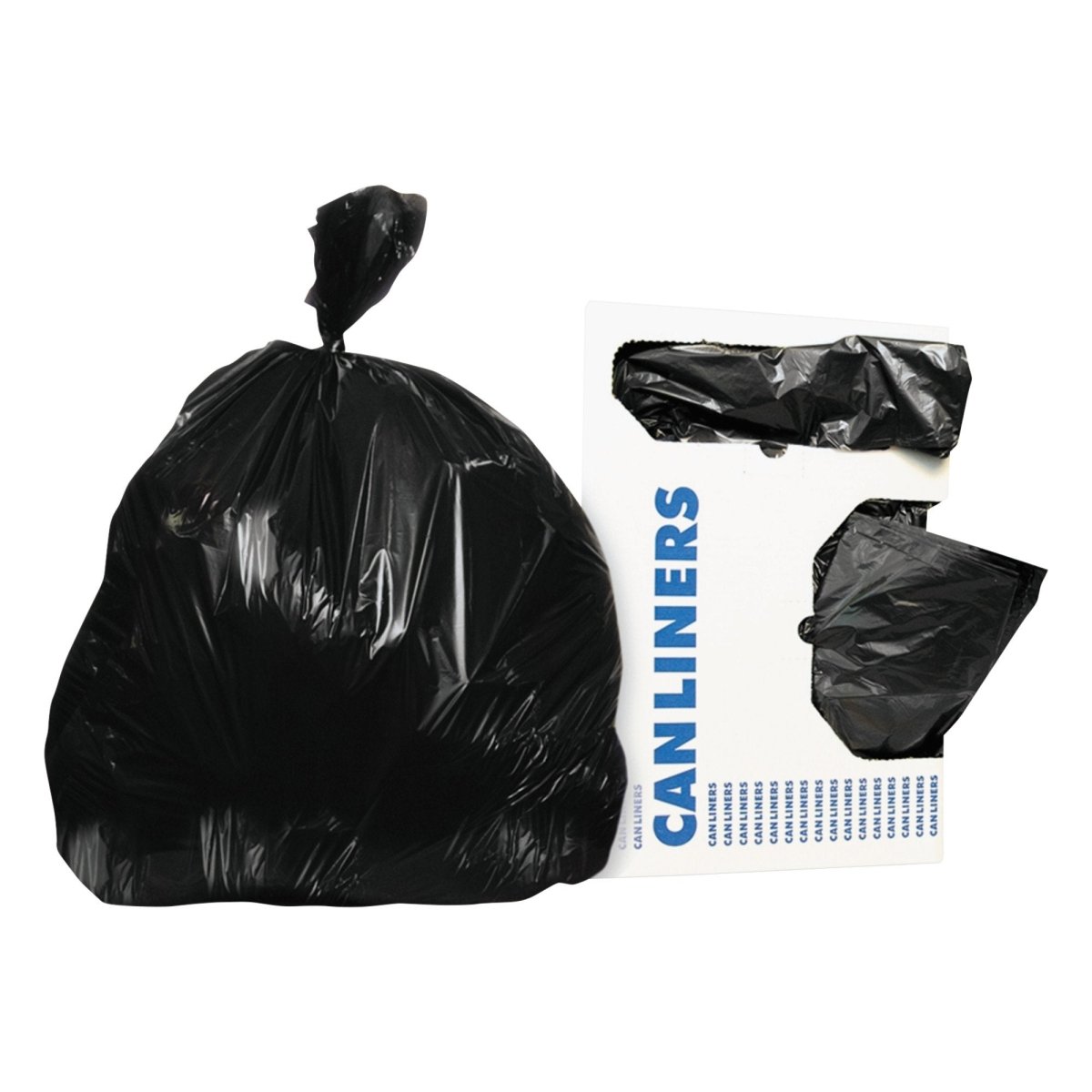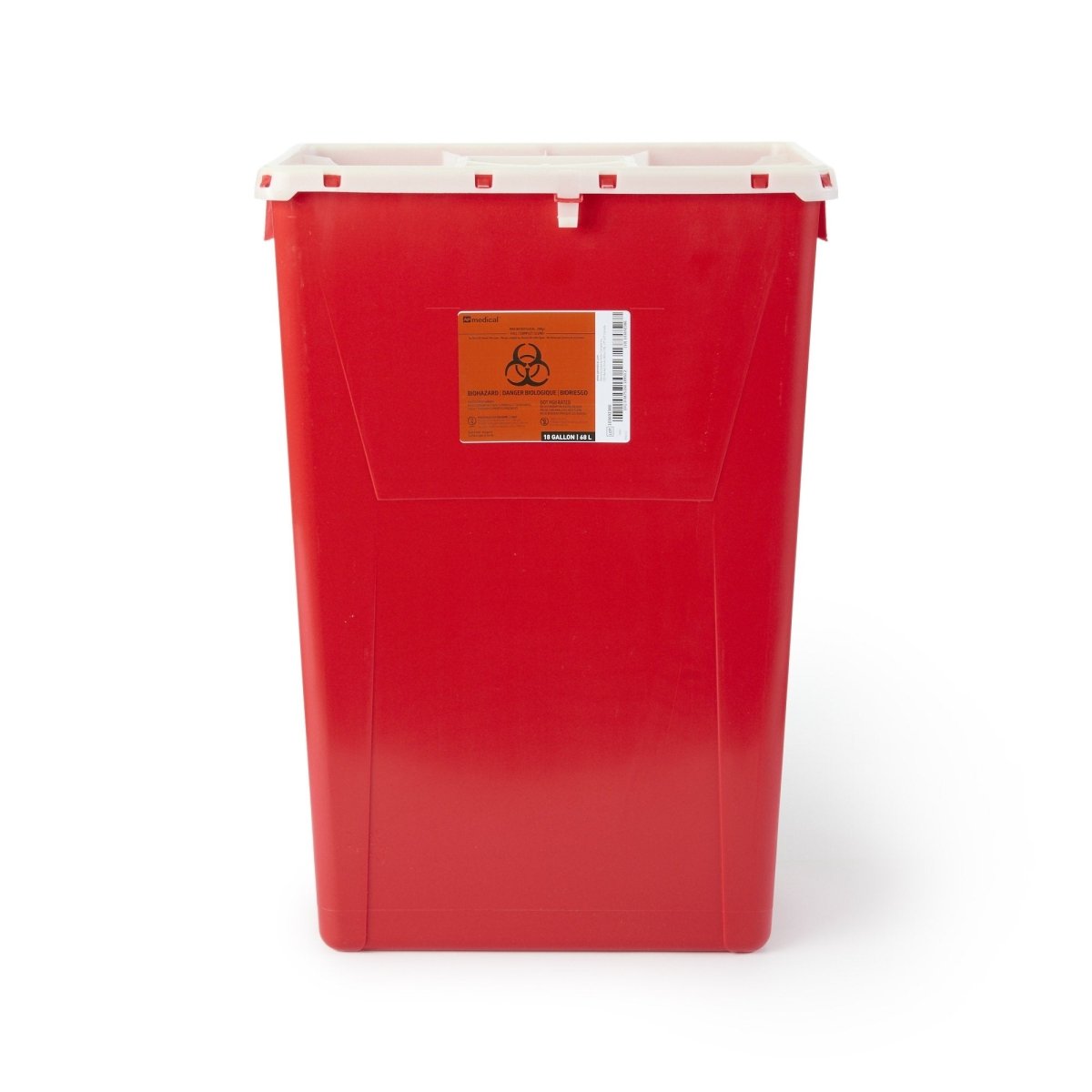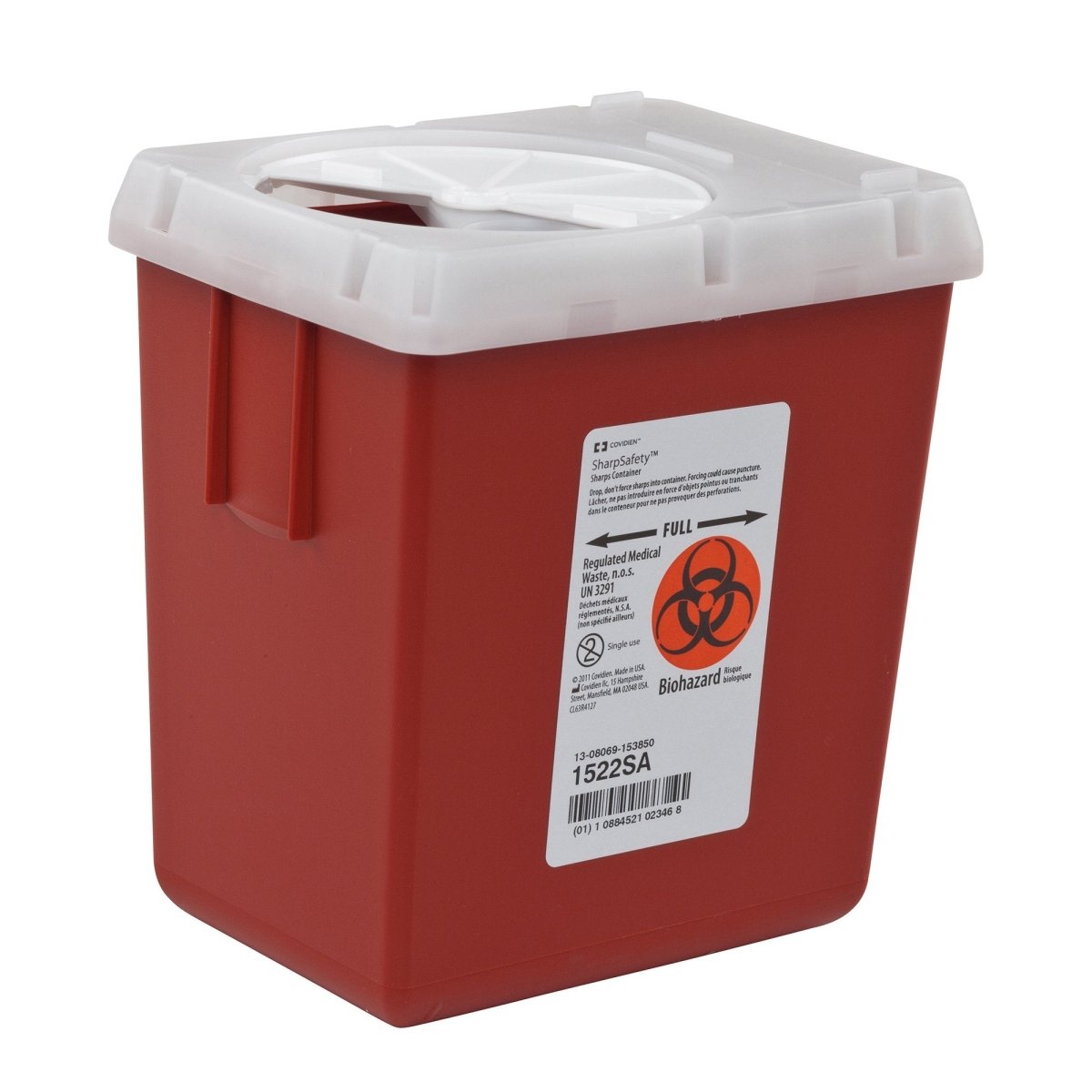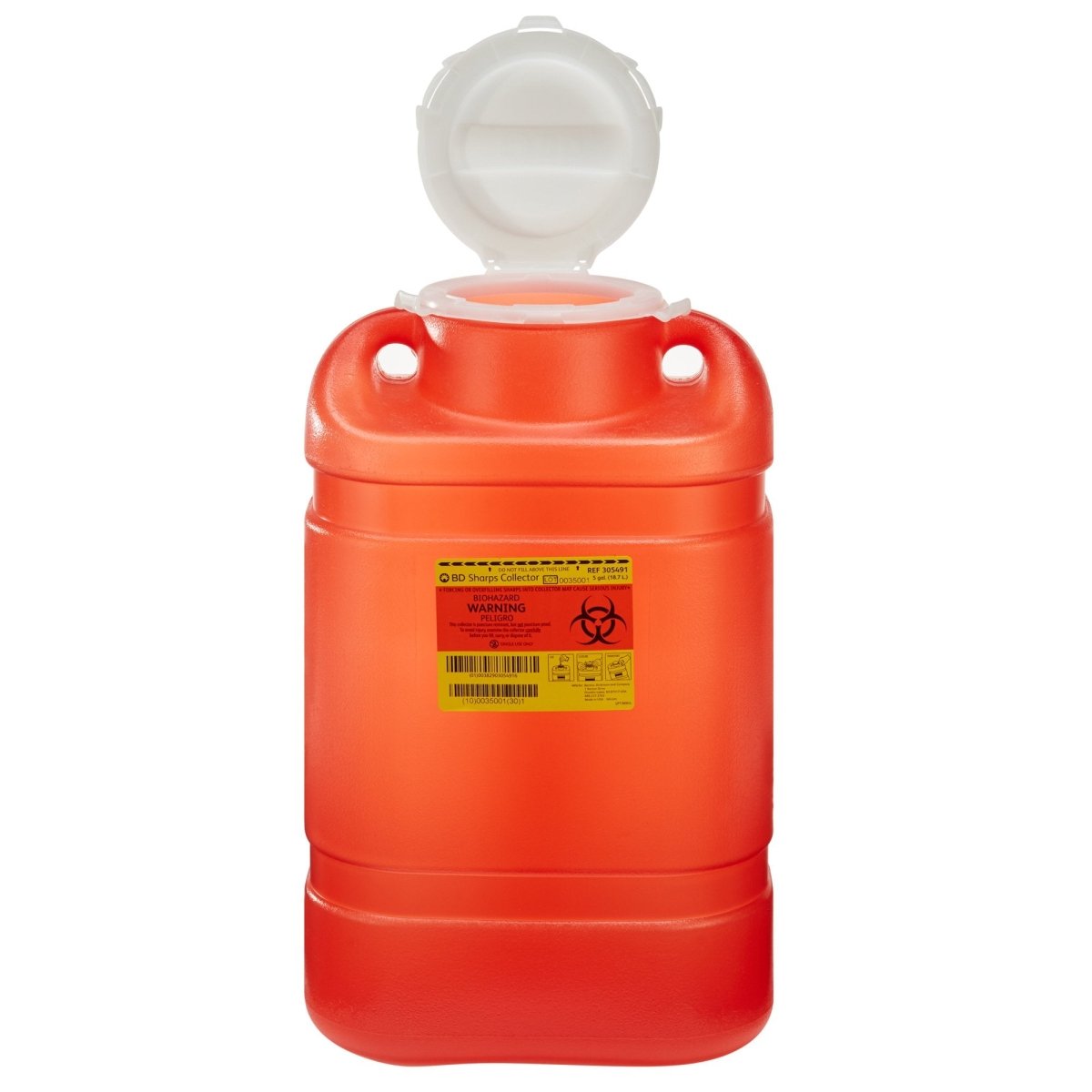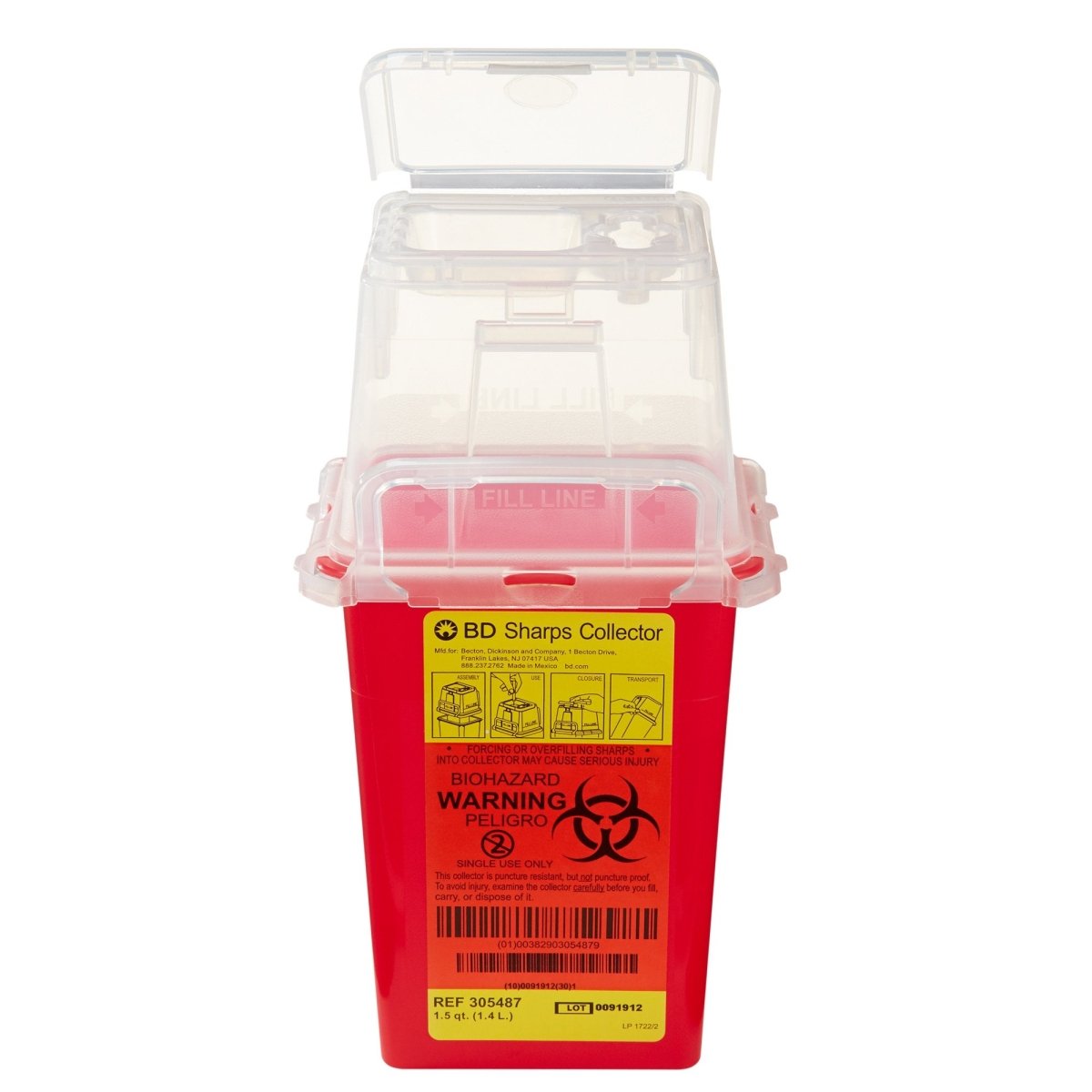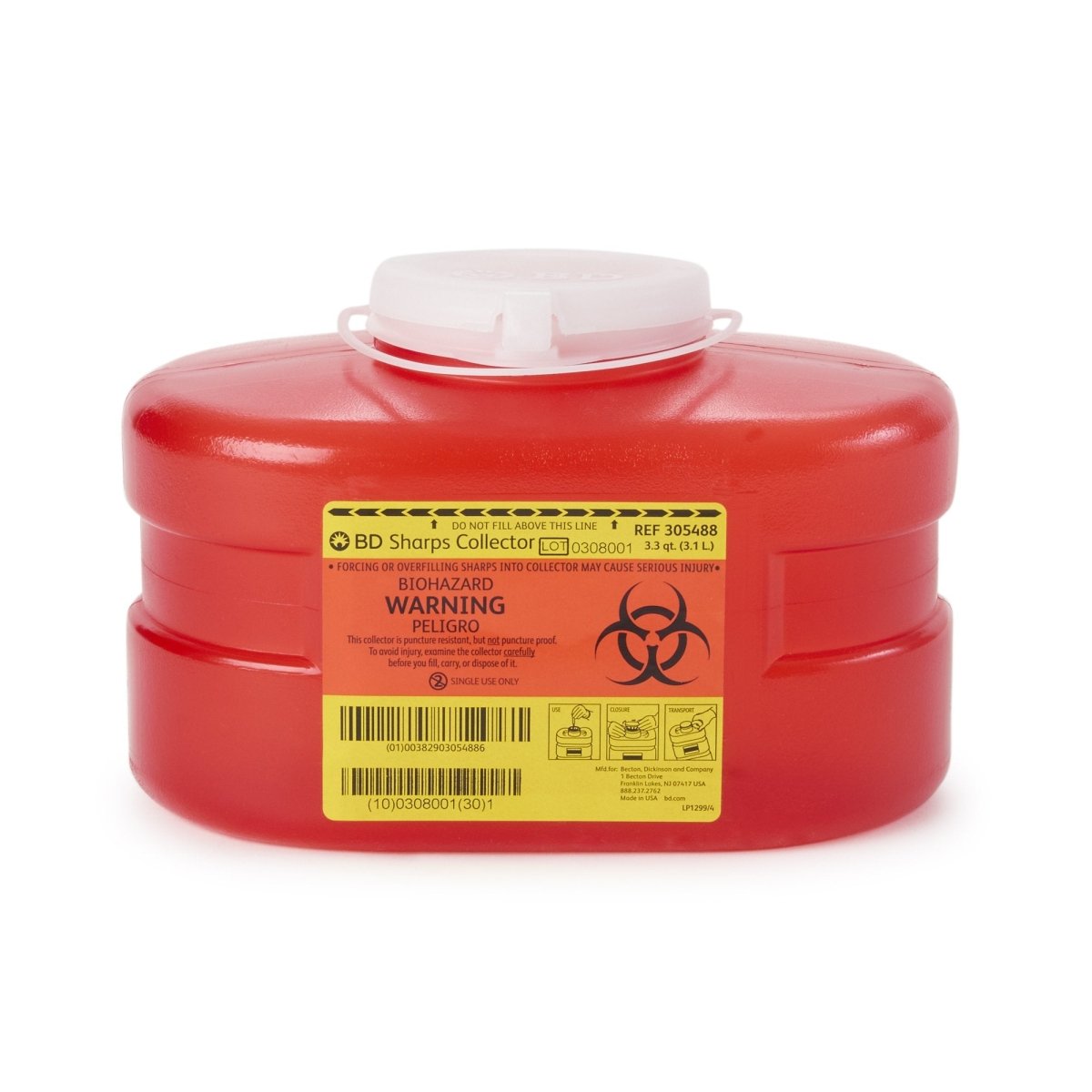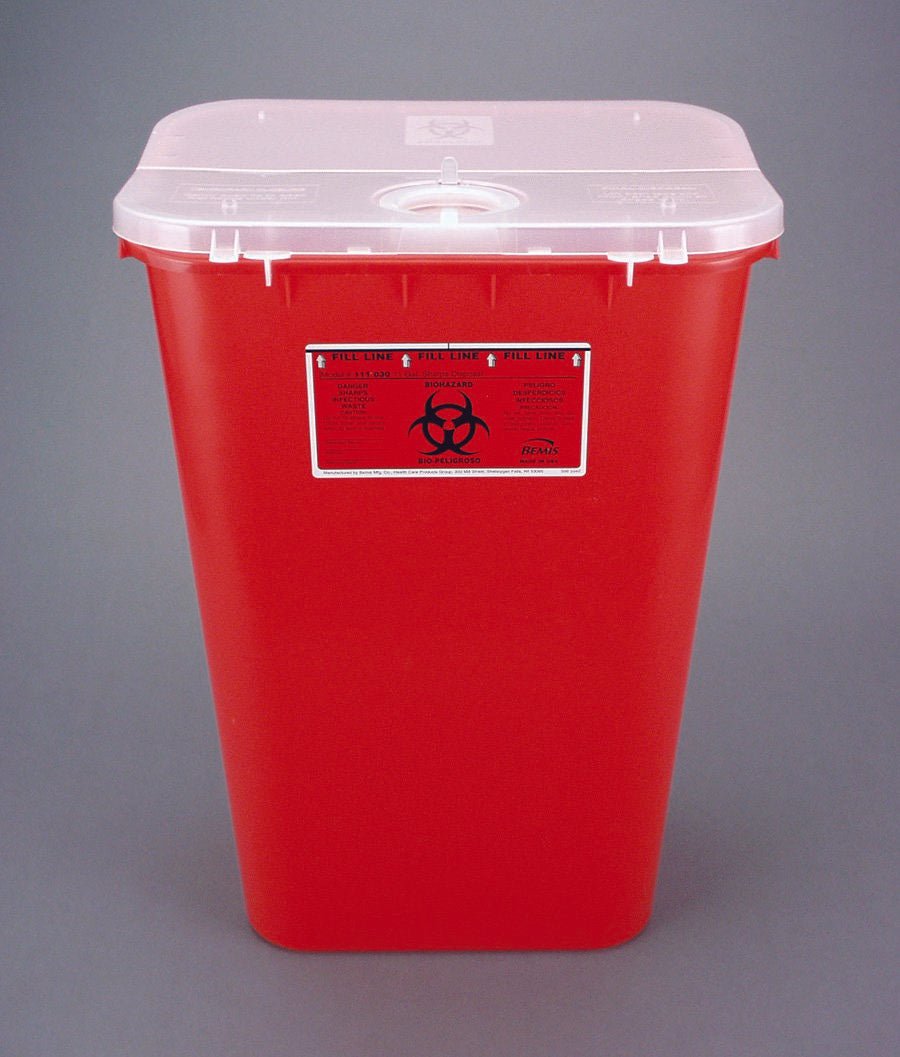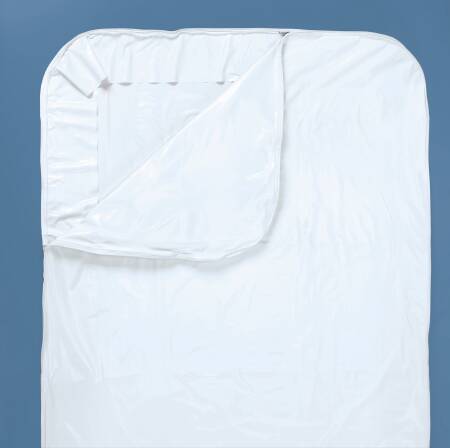Shop for Waste Receptacles and Trash Cans
Specifically designed to meet the stringent requirements of healthcare facilities, clinics, and medical offices. As a medical professional, you understand the critical importance of maintaining a clean and hygienic environment to ensure the well-being of patients and staff. Our range of waste receptacles is carefully curated to provide effective and efficient waste management solutions, promoting safety and infection control within your facility.
Our waste receptacles are crafted from durable, high-quality materials that are easy to clean and resistant to corrosion. They are designed to accommodate various types of medical waste, including general, hazardous, and infectious materials, ensuring proper segregation and disposal. With secure lids and leak-proof construction, these receptacles minimize the risk of spills and odors, maintaining a pleasant and sanitary atmosphere for all.
We offer a variety of sizes and capacities to suit the unique needs of your facility. From compact and discreet options for examination rooms and patient areas to larger, multi-compartment receptacles for busy treatment areas, our range provides flexibility and functionality. Each waste receptacle is thoughtfully designed with ergonomic features, such as foot pedals or hands-free operation, to ensure convenience and reduce the risk of cross-contamination.
The waste receptacles are compliant with industry regulations and standards, giving you peace of mind knowing that you are utilizing products that adhere to the highest safety protocols. By investing in our waste management solutions, you are actively contributing to the overall cleanliness and hygiene of your medical practice, reducing the risk of infection transmission and maintaining a professional environment for both patients and staff.
At Cart Health, we understand the importance of efficient waste management in healthcare settings. Browse our wide selection of waste receptacles today and discover the perfect solution to meet your facility's specific needs. Our team of experts is here to assist you in making informed decisions and ensuring that your medical waste disposal processes are both compliant and effective. Together, let's create a safer, healthier environment for all.
Frequently Asked Questions about Waste Receptacles
Do you still have questions about Waste Receptacles?
If we still haven't answered your question, you can contact us by phone or email and we will get back to you as soon as possible.
